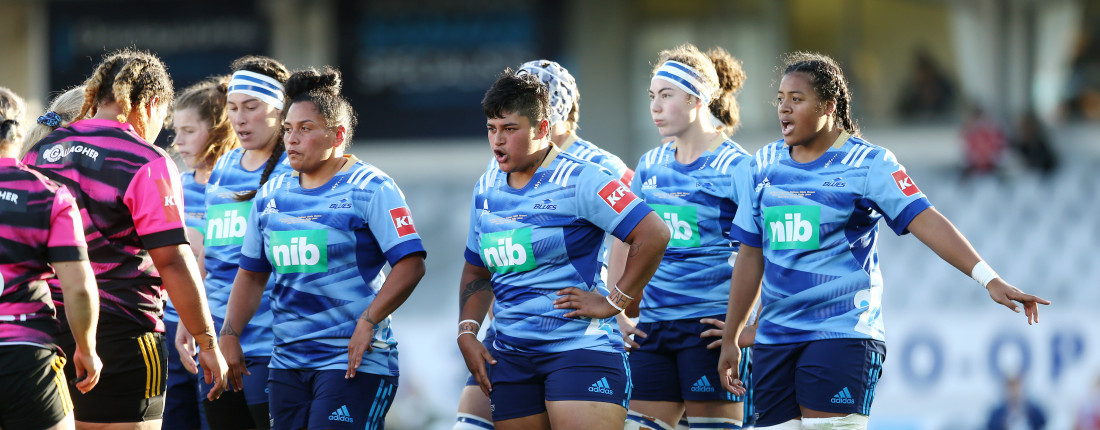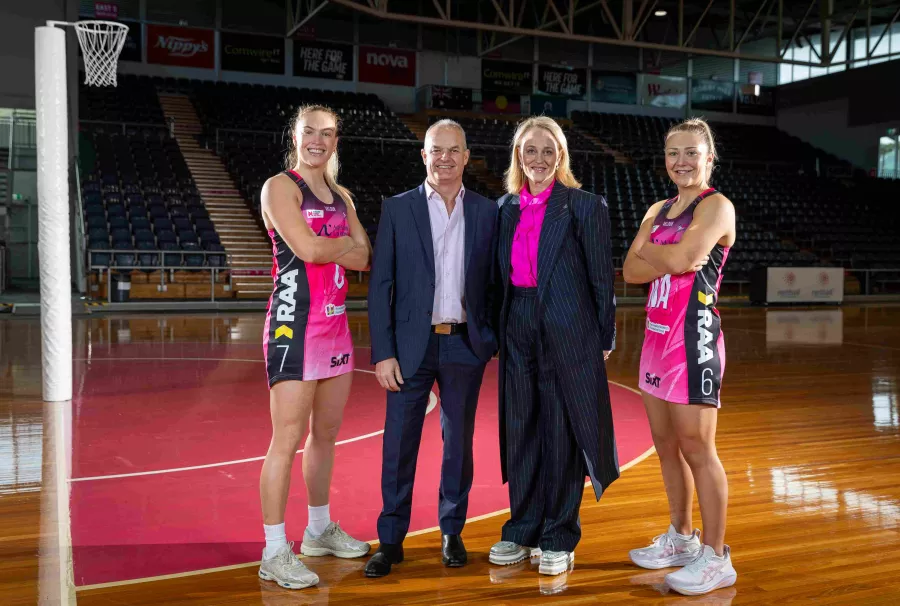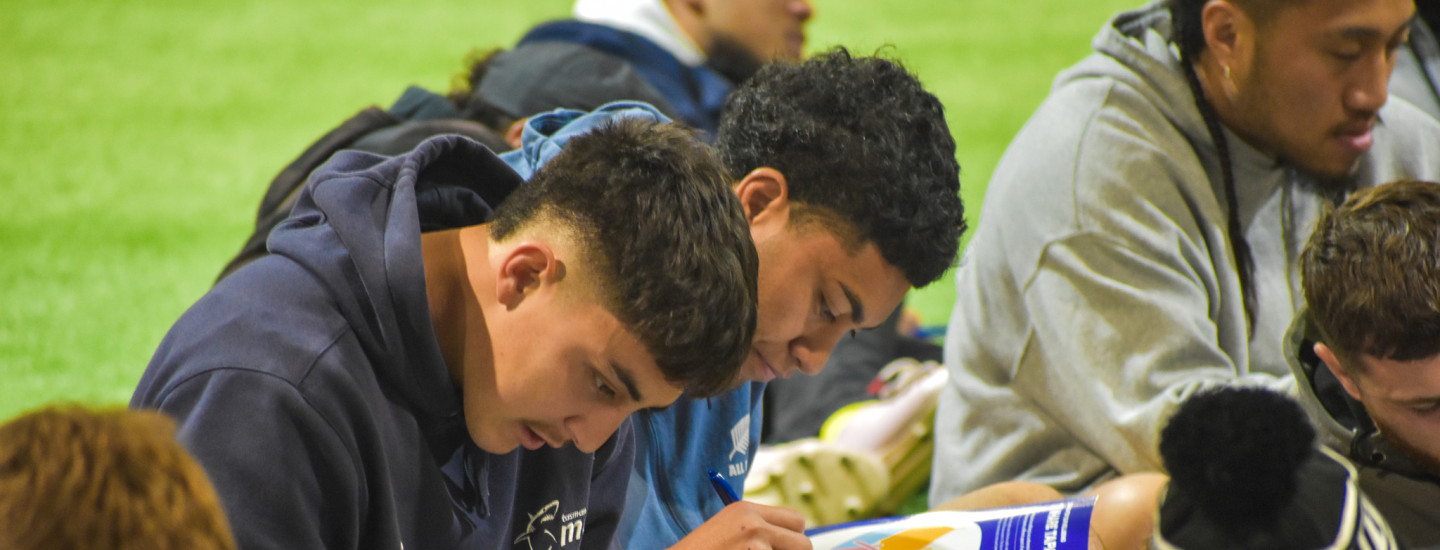New Zealand Rugby Makes “Step in the Right Direction” for Super Rugby Aupiki

New Zealand Rugby has unveiled a revamped format for Super Rugby Aupiki, the premier domestic women’s rugby competition, set to span the next two years. Along with the new format, NZ Rugby has confirmed a significant increase in minimum player payments, demonstrating the organisation’s commitment to women’s rugby.
This format change means that the four Kiwi women’s Super Rugby teams – the Blues, Chiefs Manawa, Hurricanes Poua, and the South Island-based Matatū – will have the opportunity to play up to seven matches next season, up from a maximum of five earlier this year. This slight increase will bring the total number of matches in the semi-professional competition from 10 to 13.
The regular rounds will kick off in March, featuring a round-robin format. Teams will compete both at home and away, culminating in a final to determine the champion. NZ Rugby has confirmed that this format will be in place for both 2024 and 2025.
Super Rugby Aupiki will not include Australian teams but NZ Rugby are definitely hopeful in Australia’s involvement by the 2026 season. There is no crossover with the Australian Super W Competition, however NZ Rugby will take full advantage of any opportunity to play Australian sides. Despite this, the competition is set to expand to six regular rounds, followed by a grand final showdown between the top two teams.
Player payments for non-Black Ferns players are set to more than double, with a minimum of $17,000 for the season. In contrast, top Black Ferns can earn approximately $130,000 annually. Once again, closing the gap between male and female athletes.
Each of the four teams will contract 30 players, who will receive compensation for an eight-week individual program leading up to a four-week pre-season, which includes two pre-season matches. This change addresses concerns expressed by players and coaches about the lack of a proper pre-season and readiness for the previous competition.
Another issue resolved by this format change is the demands on part-time players and coaches, who had to balance their rugby commitments with full-time work and family responsibilities.
The threat of the NRLW (National Rugby League Women) luring players away to another code will continue to be an ongoing challenge for NZ Rugby in retaining top talent. By changing this format, it is more appealing to players to stay in the league.
Chris Lendrum, NZ Rugby’s General Manager of Professional Rugby and Performance explained that the current situation doesn’t permit Super Rugby Aupiki to become a full-time professional competition, primarily due to uncertainty about the international rugby calendar and available playing windows.
Super Rugby Aupiki’s expansion is seen as a significant development for women’s rugby and player pathways, Allan Bunting, Black Ferns coach stated, “I’m picturing when I was at school, when you see these competitions happening, you could see yourself there. That should be enough to keep our ladies excited about rugby”.
Alana Bremner, Matatū captain and Black Ferns loose forward, hailed the new format as a step in the right direction. She stated, “That’s what we were after – more rugby and more time to prepare as a unit in that pre-season. I’m sure there will be more to come”.
“It’s a good outcome and most of the players I’ve talked to are happy with what it’s going to look like in the next year or two.” Bremner added.
The first season of Super Rugby Aupiki in 2022 was limited to three rounds in 10 days, primarily due to disruptions caused by the COVID-19 pandemic. The competition expanded this year, including semifinals and a final round that saw Matatū clinch the title with a thrilling victory over the Chiefs.
These changes signify a significant step forward for women’s rugby in New Zealand, ensuring a more competitive and rewarding Super Rugby Aupiki for players and fans alike.
It's free to join the team!
Join the most engaged community in the Sports Business World.
Get all the latest news, insights, data, education and event updates.






